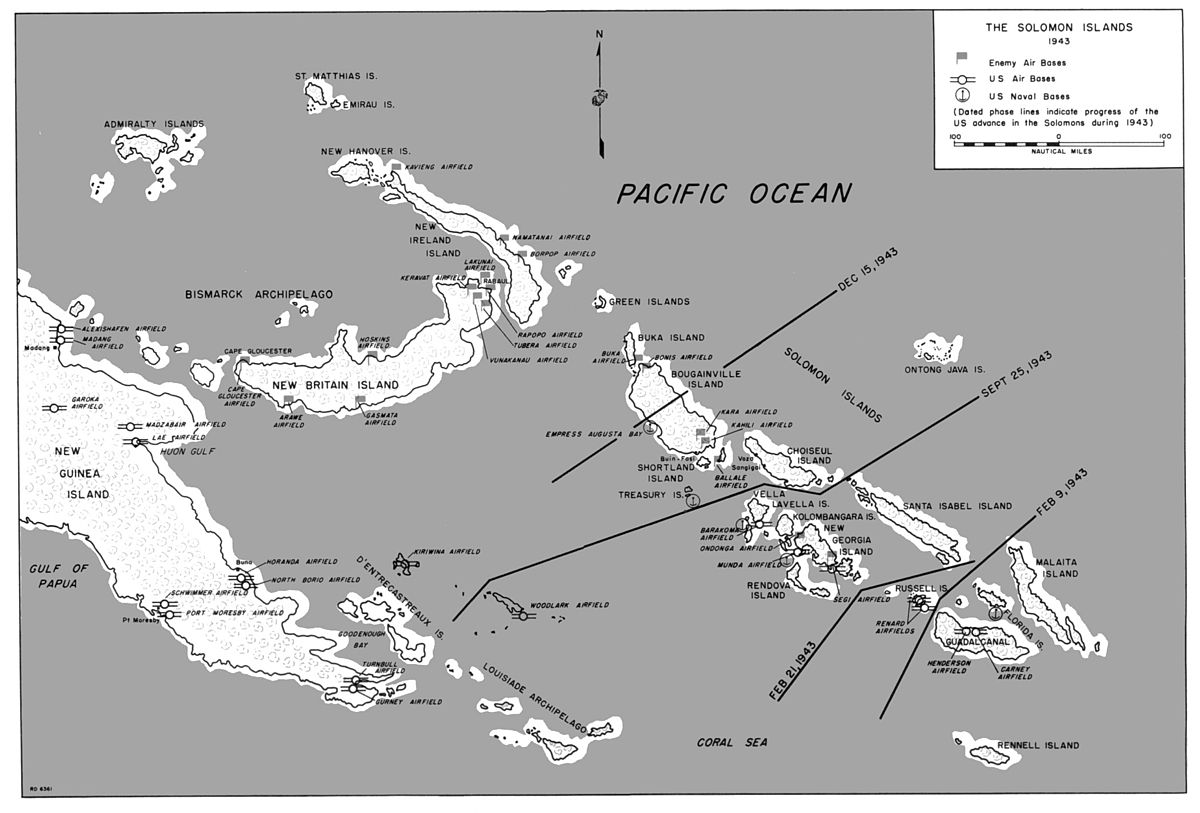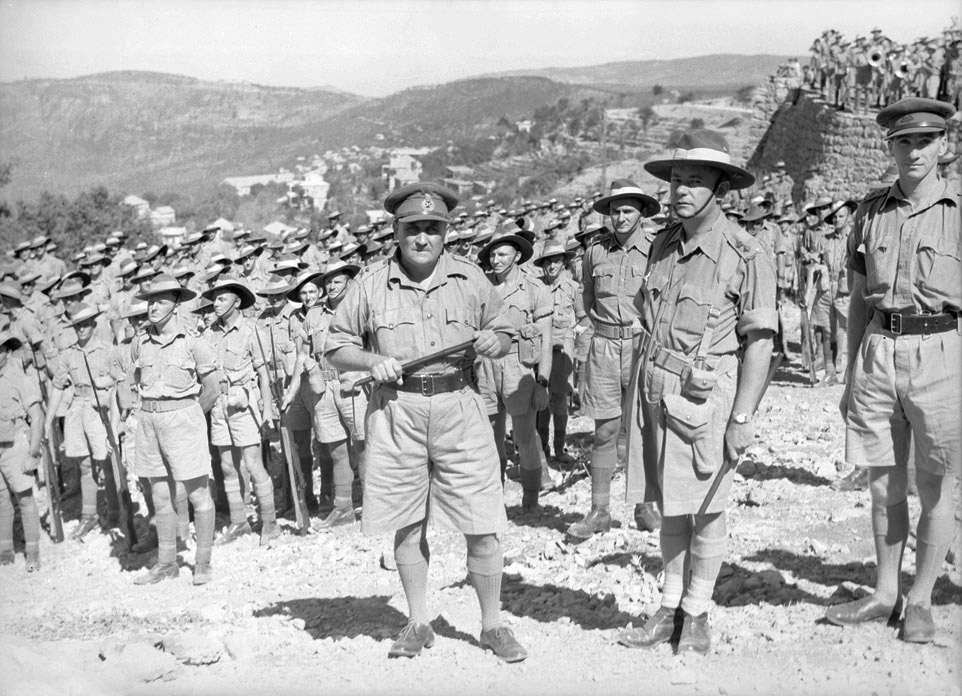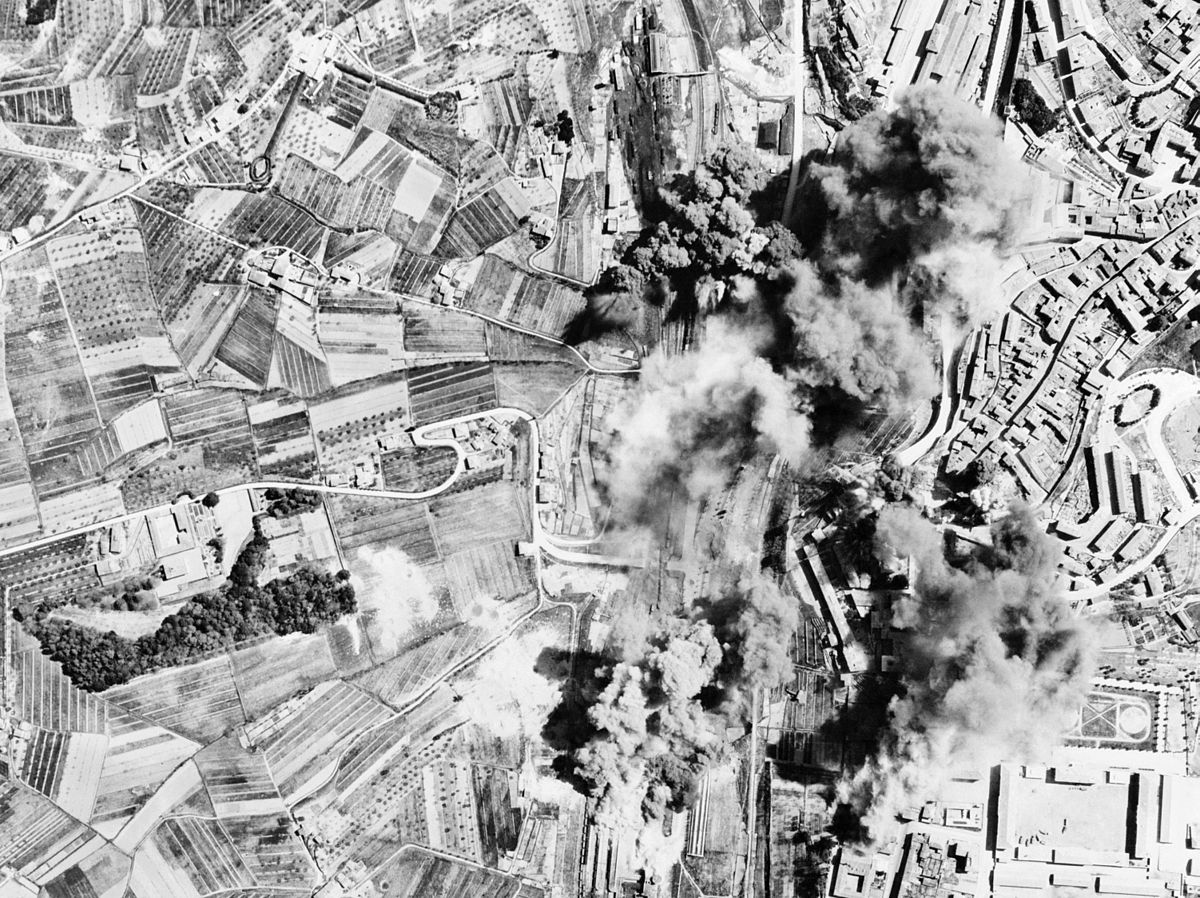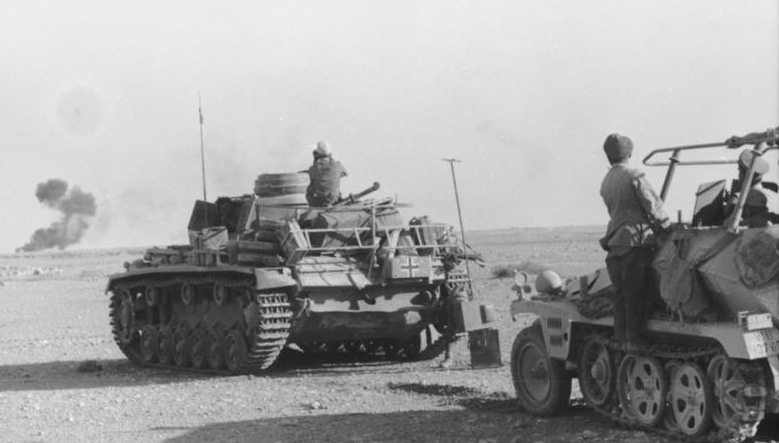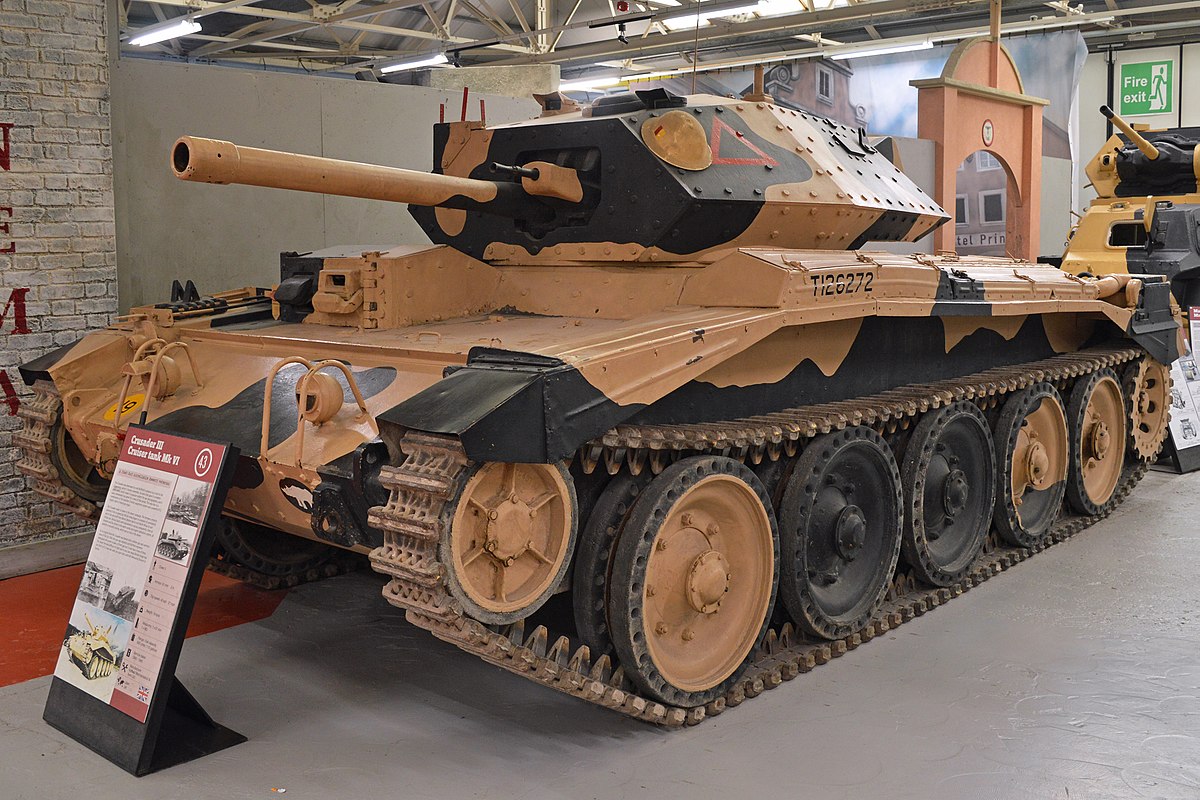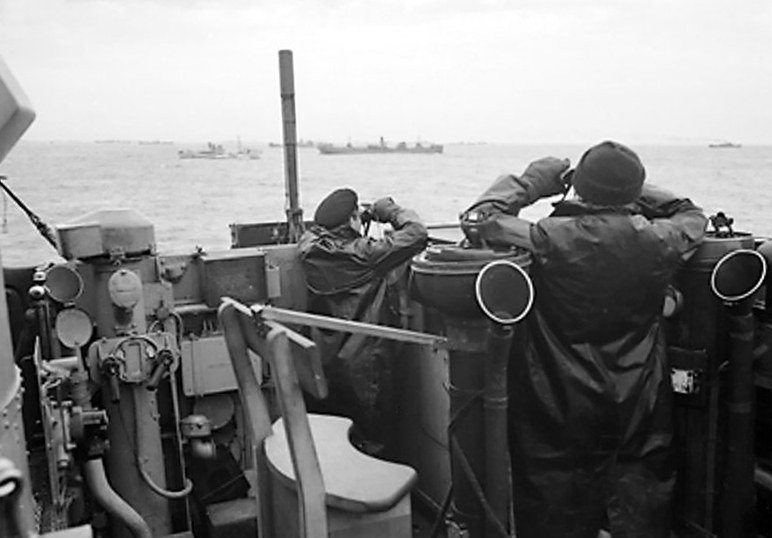sillygoose
Well-known member
I misremembered the region, turns out it was Ljubljana:1 - Triest and Istria were Italian since 1920

Province of Ljubljana - Wikipedia
 en.wikipedia.org
en.wikipedia.org
Trieste and Istria were were the Slovenes and Croats were deported after Italian annexation in the 1920s:
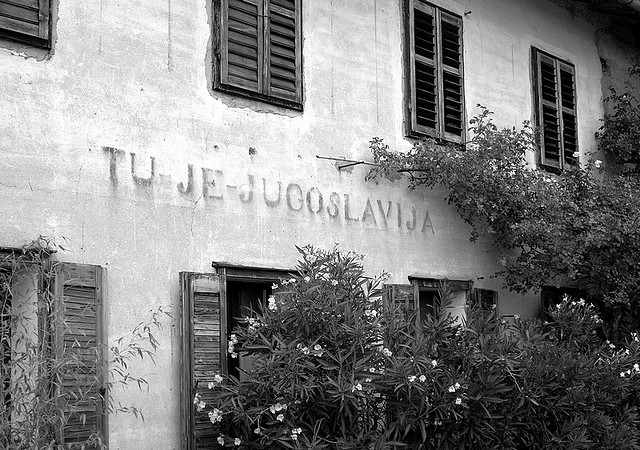
Julian March - Wikipedia
 en.wikipedia.org
en.wikipedia.org
Seems the Slovenes and Croats had a resistance movement in that area from the 1920s right up until 1941:

TIGR - Wikipedia
 en.wikipedia.org
en.wikipedia.org
Those historians don't know the basic facts then, which isn't surprising given the state of pop history. For one thing two of the best panzer divisions losing their equipment and being out of action for several months, the diversion of the 12th army entirely, massive aircraft losses in Greece, several divisions locked down in occupation in Greece or shattered by losses (paratroops), wear and tear on equipment, etc. all played major roles in Barbarossa being delayed. VIII Fliegerkorps, Richthofen's unit, which was instrumental in supporting Army Group Center, was worn out and not even fully in place on June 22nd due to the Crete operation, all of which had an impact. The late thaw was a factor, but as stated before the US army monograph on the Balkan campaign stated that cleared up by the 10th of June at the latest.2 - most historians quoted on boards like this support the view that the operations i9n the Balkans had no impact on Barbarossa launch date. In an invasion of such scale the lack of a few divisions recovering from Yugoslavia/Greece is irrelevant.
PART FIVE THE RELATIONSHIP BETWEEN THE CAMPAIGNS IN THE BALKANS AND
history.army.mil
Even before the German victories in Yugoslavia and Greece had been fully achieved, some of the units had to be redeployed to Germany to be refitted in time for Operation BARBAROSSA. Some of the corps headquarters, GHQ units, and, above all, the mechanized divisions committed in the Yugoslav campaign were indispensable for the start of the invasion of Russia. In some instances units were stopped in mid-action and redeployed to the zone of interior. Because of the poor roads and defective railways in the Balkans, these movements interfered with the smooth execution of the military operations.
Since a date wasn't given I assumed June 10th to be safe, but technically this could actually mean it was clear enough to invade on June 5th or earlier.Actually, only part of the delay was caused by the campaigns in the Balkans. Operation BARBAROSSA could not possibly have started on 15 May because spring came late in 1941. As late as the beginning of June the Polish-Russian river valleys were still flooded and partly impassable as a result of exceptionally heavy rains
However in terms of the disruptions of the Balkan operations:
So assuming that it is 4 weeks delay due to only the Yugoslav invasion then that puts us at June 12th, which per the above quote would mean they could go ahead on that date and gain and extra 10 days of decent weather before the rains hit in October. That would be enough to take Moscow assuming all else remained the same. Given that an earlier invasion would be better prepared against a less prepared Soviet force if anything the invasion would do considerably better. There is History Learner's scenario with the 12th army and one that could happen around Leningrad with the air transport arm and 7th fallschirmjager available.As early as 27 March Hitler estimated that the campaign against Yugoslavia would delay the invasion by about four weeks. This estimate was based on the diversion of forces for the assembly against Yugoslavia. Headquarters staffs, divisions, and GHQ units that were on the way to the concentration areas for Operation BARBAROSSA or whose departure was imminent had to be diverted. Those units had to be replaced by others whose departure was delayed because they were not ready for commitment. However, of the two corps headquarters and nine divisions that were diverted to the Yugoslav campaign, all but three infantry divisions were replaced from the Army High Command reserves by the time Operation BARBAROSSA got under way.
Another factor considered in calculating the delay was that all. units, in particular the armored and motorized infantry divisions, would have to be refitted after the Balkan campaigns. This rehabilitation, which was estimated to take a minimum of three weeks for the mobile Units, had to be performed within Germany in the vicinity of major repair shops and spare parts depots.
Edit:
starting page 27 they talk about the role of the 12th army.
No worries.Bit short on time so could miss points. Apologies in advance.
With the Germans an everyone else involved. As I cited above the Slovenes and Croats, the exact groups Italy would need against the Serbs, actually had a resistance group since the 1920s due to the Italian deportations of their people in areas gained in the Julian March. Plus the Italian occupation of the province of Ljubljana generated considerable resistance.Yes but it does mean their not that supportive of Belgrade and many did side with the Axis occupation.
IOTL the Germans were the ones able to pick apart Yugoslavia for a variety of reasons:

Invasion of Yugoslavia - Wikipedia
 en.wikipedia.org
en.wikipedia.org
The delay was due to logistics being unable to sustain the advance. Rommel's offensive was a separate issue after the transfers out were complete. Certainly Rommel wouldn't do as well if there were no diversion of forces, but that doesn't mean the British could sustain their advance.The delay after the 1st battle of the borders was due to the transfer of the 4th Indian and the transfer of forces to Greece meant the army in the western desert was weakened prior to Rommel's initial attack.
Oh, I meant no change in the sense of the Indian divisions being dispatched and not available in Libya. I didn't assume casualties for the British would be anywhere near as large as in Greece with more forces, if anything overall probably a savings over OTL's East African campaign due to more forces wrapping that campaign up sooner. Which would mean more British forces for North Africa sooner. Considerably more than OTL.Not really. Even if that had happened, which was substantially more than what was sent to E Africa OTL its unlikely that a large proportion of that force's manpower and even more of its equipment would have been lost. Not to mention the naval losses covering the evacuation of Greece and then the attempt to defend Crete.
Beda Fomm is going to happen to matter what, it is just a question of whether that equipment gets replaced in time before Rommel attacks.The Beda Fomm advance was what I meant. The advance through the rough terrain did considerable damage to the forces equipment and given the higher priority given to Greece a lot of that wasn't made up before Rommel's attack.
My reference to Crete was that the AAA that they had their was in part Greek, but also later arriving gear that wouldn't have been available before Rommel attacked to help defend Benghazi.That is definitely a problem along with all the equipment and men lost. There was no real time to pick things up in Crete as the campaign there was so short.
True, but the US commanders were dead set on it. FDR eventually sided with Churchill, but IIRC it was Rommel's invasion of Egypt that ultimately decided the issue for him, plus of course the need to support Stalin ASAP to keep him in the war.Never heard of that before. It would have been very risky given the lack of experience of a lot of the forces, not just the US ones and the worse strategic position without N Africa being cleared and Italy largely removed from the war.
Assuming it went ahead yes it would have been much worse than the historical Normandy invasion.
Sending aid to Italy wasn't a problem and until you can deal with the Aegean and Italy the Balkans is out.Operations where they could be more easily supported and Germany would have struggled more to send aid such as in Italy and the Balkans.
How many of those resources did they actually get though? From what I can find due to transportation shortages and the damage to the DEI oil fields and loss of Japanese engineers in a sub attack they were really only able to use resources locally, not back in Japan.Agree about the last two points. Without the resources of the south Japan has a lost less assets to play with. Plus keeping Burma means a lot more supplies reach China. Japan has easier access to a Guadalcanal type campaign somewhere in the DEI says but its still a losing attrictional war once the allies get their act together.
Yes without a doubt the Burma road being open helps the Chinese quite a lot, though I'm not sure what that actually translates to in the field. How soon could the Allies actually sustain a fight around the DEI though? They'd certainly have to hold Malaya for that to be an option.
Again, how without fuel and ammo?Logistics is the big issue but possibly being able to hit the Italians harder earlier and before German aid could apply might have helped.
There still would be the invasion of Yugoslavia. Even if Italy were to invade early it is highly unlikely they'd be able to take it down on their own given that the couldn't even do that with the much smaller Greece (with less than half the population).Not sure what you mean here? If there's no invasion then there's no excuse for the massive military build up on the Soviet border.
The Uman pocket happened west of the Dniepr, so the border forces were chased down there; the Kiev forces were largely the 2nd echelon and only had time to fully mobilize due to the delay caused by the 12th army not being available to pincer forces at the border, so they were able to slip away until Uman.The rivers are still there and OTL IIRC the southern part of the front didn't collapse until after the massive encirclement at Kiev?
Check HL's post about the 12th army that was diverted to Greece, that should explain the situation in Ukraine. The rivers are still there, but only the Dniepr was a significant obstacle.
Proportionally the Axis resources committed where considerably higher as the UK+US had a lot more to invest.It was seen as very important although as we're said there are arguments on that. It was also politically very important. I think relatively less Axis resources were involved, largely Italian, than British and allied.
Last edited:




